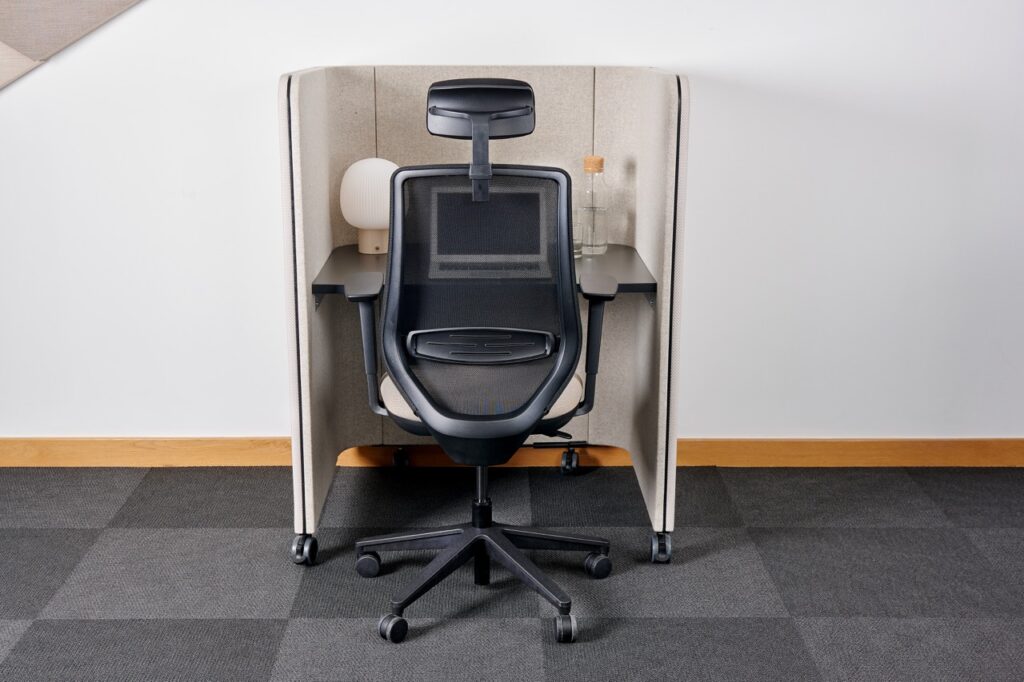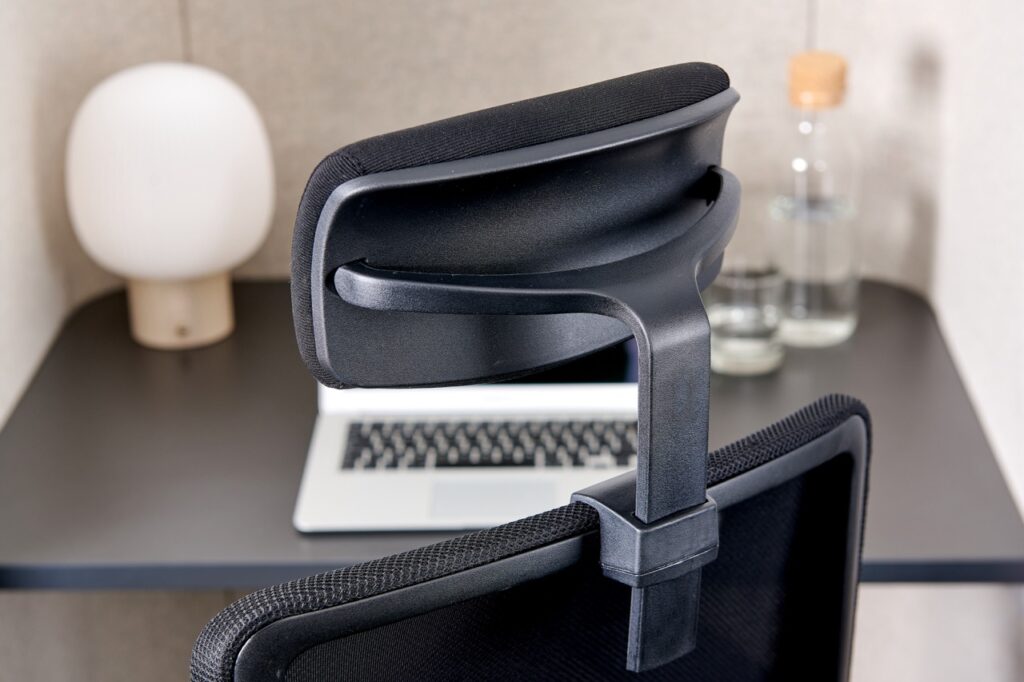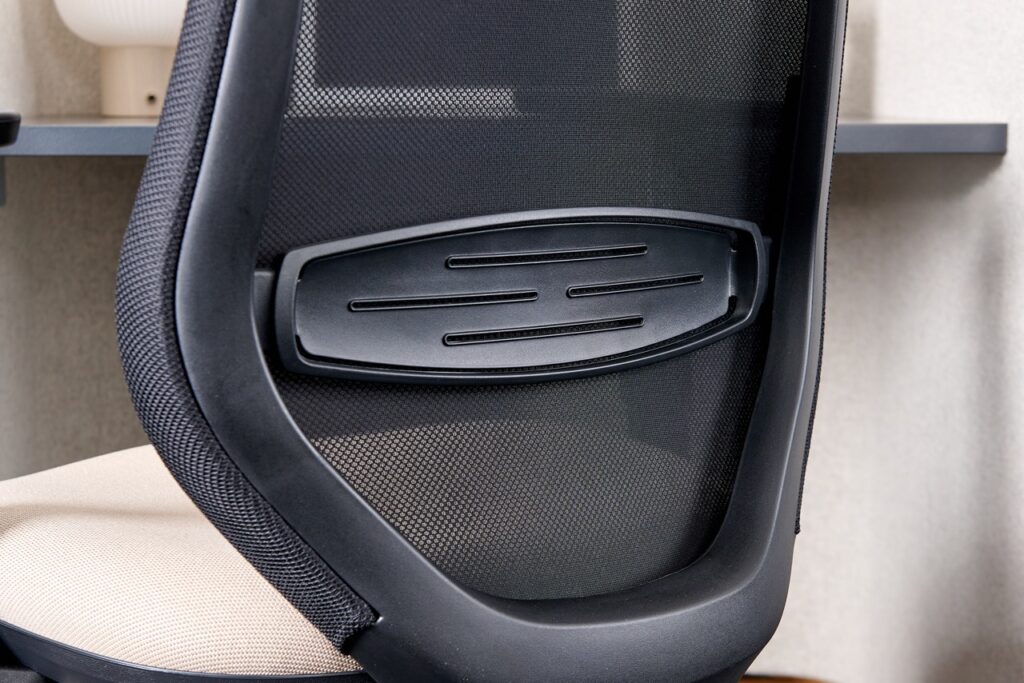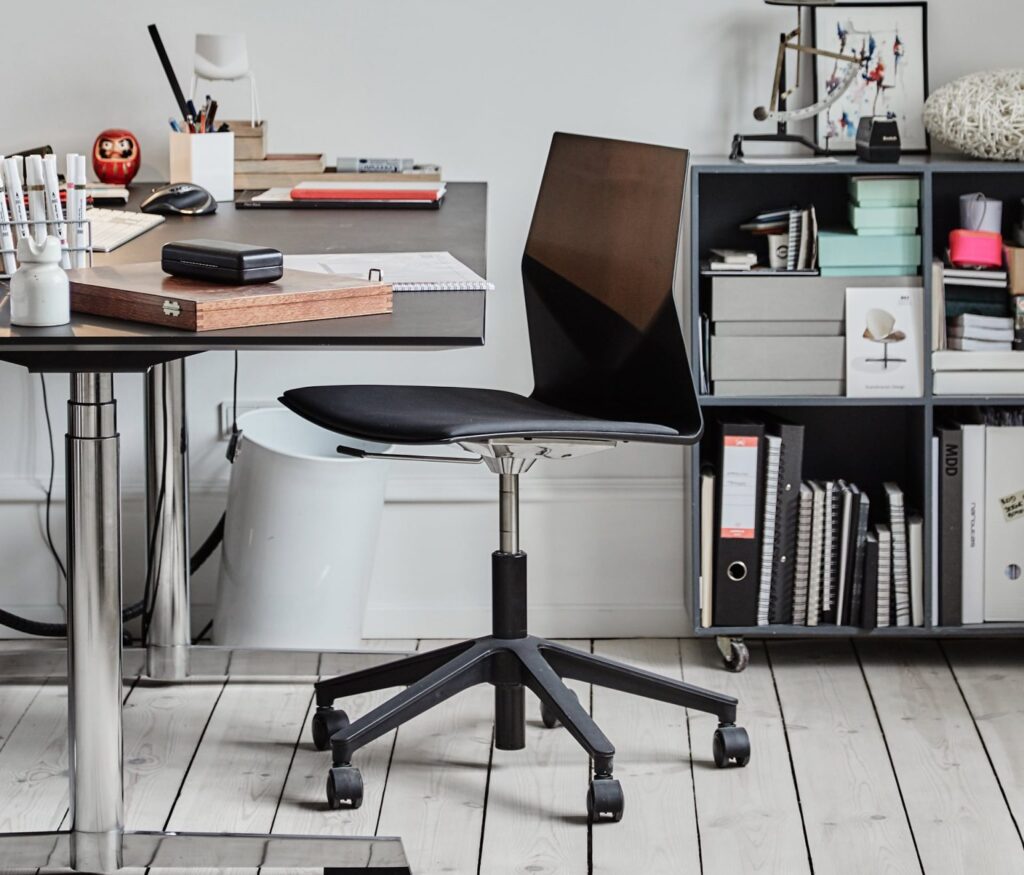In today’s fast-paced work environment, prioritising employee wellness has become paramount for organisations aiming to enhance productivity and promote a positive work culture. One often overlooked aspect of employee well-being is the design of the workspace itself. Research has shown that investing in ergonomic furniture can have a significant impact on employee health and productivity. Here, we delve into the importance of ergonomic furniture, particularly ergonomic office chairs, in creating a conducive work environment that fosters wellness and productivity.
Understanding Ergonomic Furniture
Ergonomic furniture is designed with the human body in mind, focusing on optimising comfort and supporting natural body movements. Unlike traditional office furniture, which can contribute to discomfort and even chronic health issues, ergonomic pieces are crafted to alleviate strain on the body, particularly during long hours of sitting or typing. From adjustable desks to ergonomic keyboards, these pieces of furniture are tailored to promote a healthier and more productive work experience.
The Role of Ergonomic Office Chairs
Among ergonomic furniture, ergonomic office chairs play a pivotal role in ensuring the well-being of employees who spend long hours seated at their desks. Ergonomic office chairs are designed to provide proper lumbar support, promote good posture, and accommodate various body types. By supporting the spine’s natural curvature and allowing for adjustments in seat height, armrests, and recline angle, these chairs help reduce the risk of musculoskeletal disorders and alleviate back pain and neck strain commonly associated with prolonged sitting.
Take the Emi Task chair for example, crafted with precision to meet the demands of modern workplaces. Designed to elevate your office experience with its sleek black mesh back and adjustable lumbar support, this ergonomic solution seamlessly combines aesthetics with functionality. The chair features a sturdy black frame, AT arms for versatile support, as well as customisable seat slide and ergonomic design. The Emi Task Chair sets a new standard for comfort and productivity in the workplace.



Discover our full range of ergonomic task chairs.
The FourCast® 2 Wheeler is another revolutionary choice for those seeking an ergonomic furniture solution. This chair on castors boasts a pliant back designed to gently flex, ensuring comfort even during prolonged sitting sessions. Ideal for meetings, workspaces, or educational environments, the FourCast® 2 Wheeler prioritises function, ergonomic support, and elegant design. Its V-shaped backrest allows for customisation and variation, while additional upgrades such as upholstery, linking devices, and armrests enhance efficiency and ergonomic handling.

Promoting Employee Wellness
Employee wellness encompasses various factors, including physical, mental, and emotional well-being. By creating ergonomic workspaces, employers demonstrate their commitment to supporting their employees’ overall health and happiness. A well-designed ergonomic workspace not only minimises the risk of physical ailments but also fosters a positive work environment conducive to creativity, collaboration, and innovation. Here are just a few of the many benefits of ergonomic workspaces:
Improved Comfort
By utilising ergonomic furniture, employees are less likely to experience discomfort or fatigue. This in turn leads to higher levels of concentration and job satisfaction.
Reduced Risk of Injury
By providing support and promoting movement, ergonomic furniture helps minimise the risk of repetitive strain injuries and other musculoskeletal disorders.
Enhanced Productivity
A comfortable and ergonomically sound workspace fosters greater focus and concentration, leading to increased productivity and efficiency.
Positive Work Culture
Investing in employee wellness through ergonomic furniture sends a message that the organisation values its employees’ health and safety. This helps to create a positive work environment, increasing job satisfaction and improving employee retention.
Long-Term Health Benefits
By preventing chronic health issues associated with poor ergonomics, such as back pain and carpal tunnel syndrome, organisations can reduce absenteeism while fostering a culture of health and wellness.
For forward-thinking organizations, investing in ergonomic furniture represents a strategic decision with far-reaching benefits. By proactively safeguarding employee health and well-being, companies can reduce absenteeism, boost morale, and cultivate a culture of care and appreciation. Furthermore, the long-term cost savings associated with reduced absenteeism and increased productivity underscore the undeniable ROI of ergonomic initiatives.
Implementing Ergonomic Solutions
Implementing ergonomic solutions in the workplace involves more than simply selecting the right office chair, it requires a comprehensive approach that involves assessing the needs of employees and selecting appropriate furniture and equipment. Here are some things to consider when creating an ergonomic workspace:
Conduct Ergonomic Assessments
Evaluate the existing workspace to identify areas for improvement and determine the ergonomic needs of employees.
Invest in Quality Furniture
Choose ergonomic office chairs, adjustable desks, and other furniture that prioritise comfort and functionality.
Provide Training and Education
Offer training sessions to educate employees on proper ergonomics and encourage them to make use of adjustable furniture to suit their needs.
Encourage Movement
Encourage employees to take regular breaks and incorporate movement into their daily routines to reduce the negative effects of prolonged sitting.
Investing in Ergonomic Furniture
In conclusion, investing in ergonomic furniture is not just a matter of providing employees with comfortable seating; it is an investment in their health, well-being, and overall productivity. By creating an ergonomic workspace equipped with ergonomic office chairs and other furniture, organisations can unlock the full potential of their workforce while fostering a culture of wellness and care. In today’s competitive business landscape, prioritising employee wellness is not just a choice; it’s a strategic imperative for long-term success.
Remember, a healthy workforce is a productive workforce, and ergonomic furniture is the foundation upon which employee wellness thrives.


